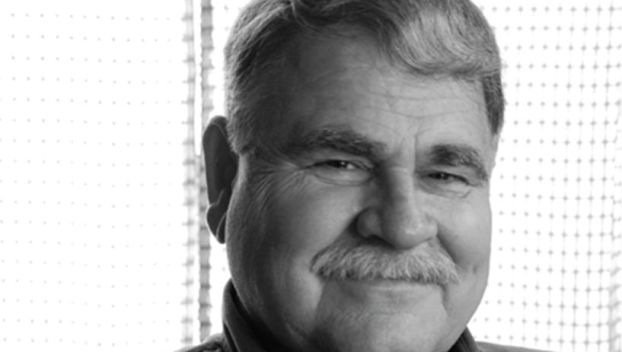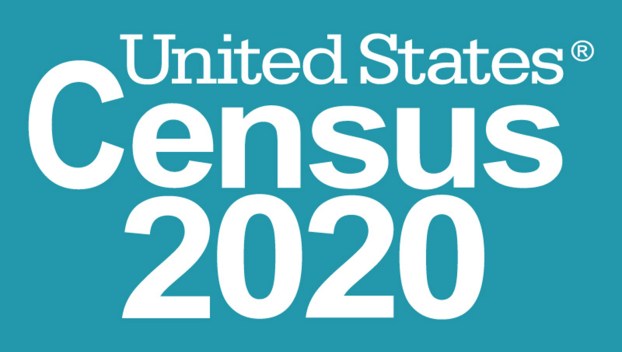Uncategorized
OWL’S EYE: Pieces
We all watch in wonder and fear as the gigantic Hurricane Ian slams ashore in Florida. Over 2 ... Read more
We all watch in wonder and fear as the gigantic Hurricane Ian slams ashore in Florida. Over 2 ... Read more
As an Owl, I truly enjoy flights of fancy above our little county. Patchwork fields, meandering county roads, ... Read more

Limestone County District 3 Commissioner Jason Black announced on Jan. 7 that he will not seek re-election for ... Read more
I am a very serious Dr. Seuss fan. Once I led 5,000 people in the world’s largest reading ... Read more

Here’s a test to see what kind of voter you are. Stay with me now, but be warned ... Read more

SAN FRANCISCO (AP) — Facebook plans to clamp down on attempts to use its services to interfere with ... Read more

“Let’s respect each other versus tearing each other up.” Read more
At a May 2016 campaign rally in Charleston, West Virginia, Donald Trump, the presumed GOP nominee for president, ... Read more

Editor’s note: The following is a profile on Chris Lewis, Republican candidate for the Fifth Congressional District seat ... Read more

SAN FRANCISCO (AP) — Presidents and other world leaders and political figures who use Twitter to threaten or ... Read more